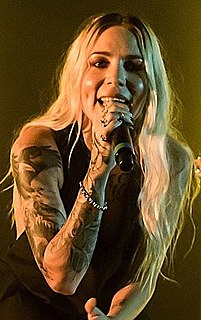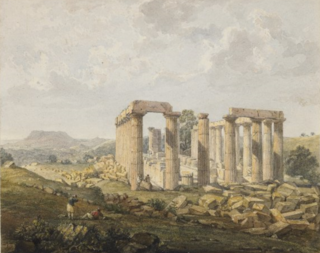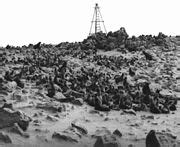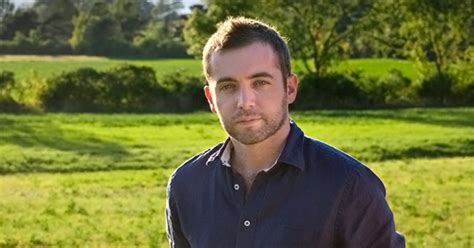A Quote by Paul Watson
The film 'The Cove' made people aware of the Japanese slaughter of whales.
Related Quotes
Whales have become newly symbolic of real values in a world environment of which man is newly aware. Whales live in families, they play in the moonlight, they talk to one another, and they care for one another in distress. They are awesome and mysterious. In their cold, wet, and forbidding world they are complete and successful. They deserve to be saved, not as potential meatballs, but as a source of encouragement to mankind.
As well as Japanese animation, technology has a huge influence on Japanese society, and also Japanese novels. It's because before, people tended to think that ideology or religion were the things that actually changed people, but it's been proven that that's not the case. Technology has been proven to be the thing that's actually changing people. So in that sense, it's become a theme in Japanese culture.





































